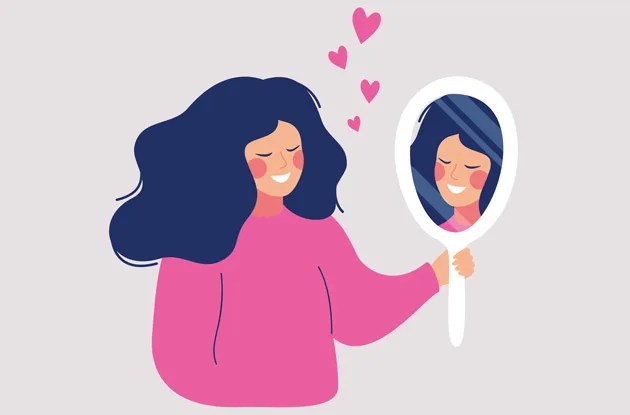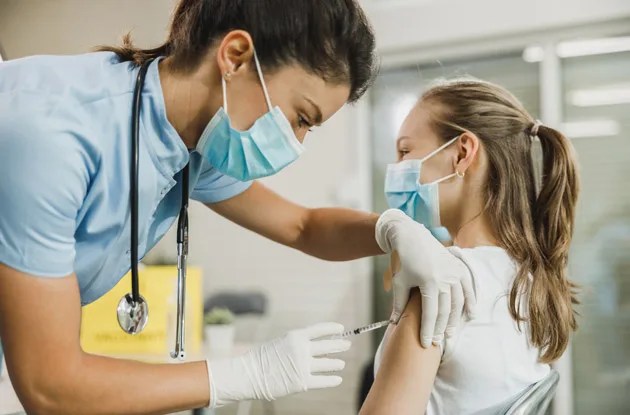We all know an adult who has suffered the excruciating pain of passing a kidney stone. But until recently, the condition has been rare in kids.
The data is yet to be gathered, but specialists are reporting an increase in kidney stones among young patients, attributing this to two obvious causes: kids’ eating more processed foods containing large amounts of sodium, and kids’ not drinking enough water, which helps flush the system.

Baltimore’s Johns Hopkins Children’s Center, Vanderbilt Children’s Hospital in Nashville, and
Children’s Hospital Boston have all opened pediatric kidney stone clinics. “The trend is evident,” says Dr. Jaime Landman, director of Minimally Invasive Urology at Columbia University in New York.
Eating too much salt causes humans to excrete large amounts of calcium. This calcium crystallizes in the urine, forming stones. Symptoms include pain, nausea, vomiting, and blood in the urine as the patient waits for the stones to pass through the body.
The good news on the kid front is that generally children are better at passing stones than adults are, says Dr. Landman. “Children can pass quite large stones.”
If this doesn’t happen naturally, doctors will go in with endoscopic instruments. Again, there is good news: advanced techniques allow for minimally invasive treatment, and medical device manufacturers, like Cook, are now producing an instrument that fits a child’s anatomy to trap and extract stones.
To avoid kidney stones, Dr. Landman advises parents to read food labels to protect the whole family from consuming too much sodium, and to encourage kids to drink lots of water.
And if your child gets a kidney stone, Dr. Landman urges follow-up work. “This should include a full metabolic evaluation — 24-hour urine checks and blood work — to determine the cause. With adults, we usually wait for a second episode. Not with a child.”





















